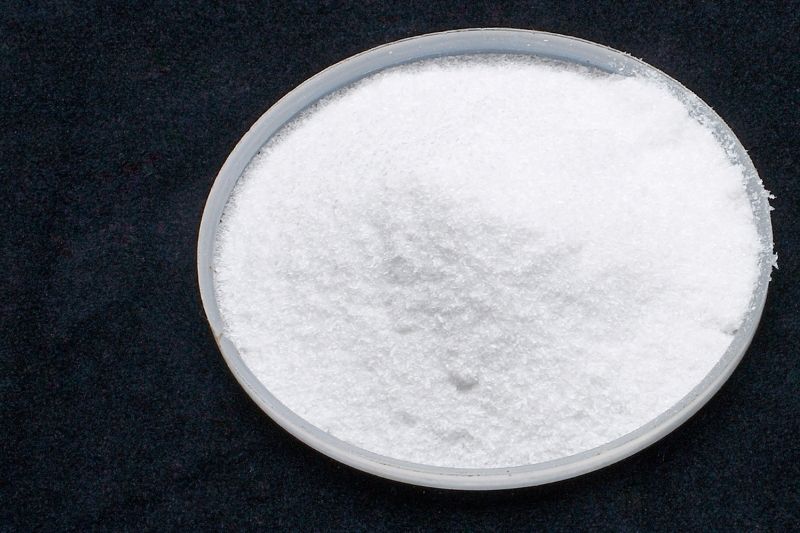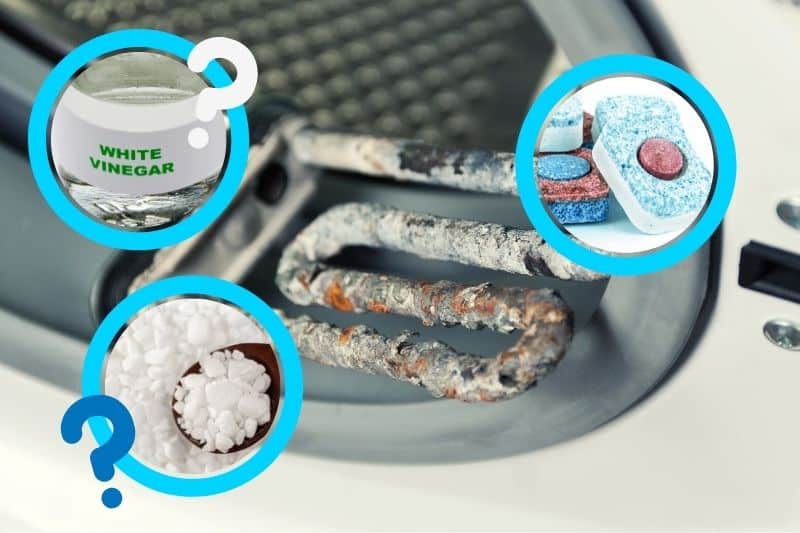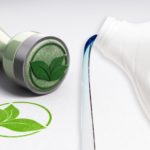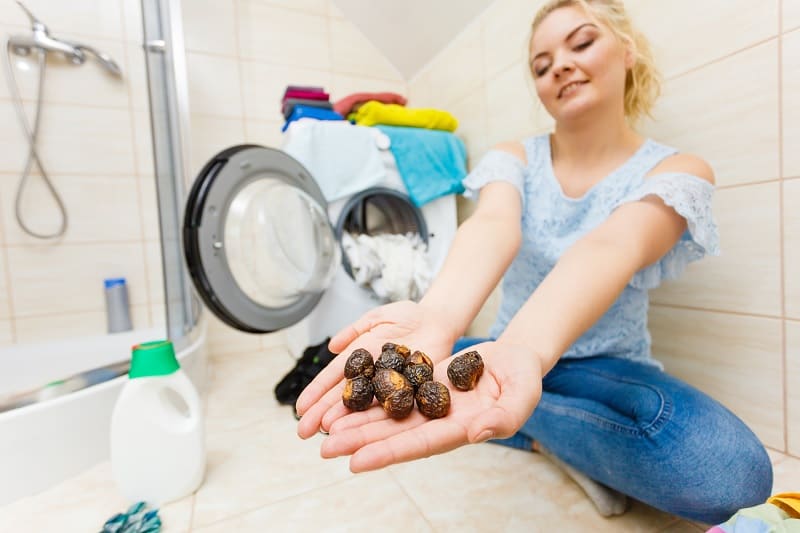Using a suitable washing machine cleaner is essential. Without the use of a cleaner, you might find that limescale, detergent and debris build up in your washing machine.
If left untreated, this can start affecting your washing machine, either by causing damage to the components, causing a nasty smell, or even transferring grime onto clothing in the wash cycles too.
Calgon is the product that most people will buy by default, which could have something to do with their catchy little jingle “washing machines live longer with Calgon”. But many people feel that Calgon can be quite expensive. Fortunately, there are alternatives to Calgon washing machine cleaners!
Many people opt for Calgon water softener washing machine tablets as they can simply be added with every wash (or every other wash), and so offer an easy way to keep on top of the problem.
These water softener tablets are designed to protect and clean the inside of the washing machine, making component damage or breakdown due to limescale build-up less likely.
1. Supermarket Own Brands
Calgon tablets can be expensive, and an easy way to get around the problem is to opt for a supermarket’s own brand product instead. Calgon’s water softener tablets can work out as much as 27p each, which can add up very quickly if you are using one tablet in every wash.
By comparison, some supermarket own-brand versions can work out as cheap as 9p per tablet, depending on where you shop.
2. One-Off Cleaners
If you do not want to add a tablet to every wash and would rather just run a clean cycle on the machine on a regular basis, there are options available on the market that will tick this box.
Dettol Washing Machine Cleaner
Dettol’s washing machine cleaner is the ideal choice for a washing machine that is prone to nasty smells. This cleaner is designed to prevent odours, kill bacteria, cut through any grime and remove limescale build-up too. For best results, this kind of cleaner needs to be used on a regular basis.
Most manufacturers recommend that you run a service cycle on a washing around once a month or every other month, but you might need to do this more frequently if your laundry washes tend to be particularly grimy.
Dr Beckmann Service-It
This handy little product is designed to offer a truly deep clean of your washing machine.
It is easy for limescale and dirt to build up in a washing machine, especially if you usually use cooler machine cycles, and that is where a product like this comes in to play. Using a Dr Beckmann Service-It cleaner is a sure-fire way to cut through any limescale, grease, nasty smells and bacteria that have developed since your last cleaning cycle.

3. Borax
Borax was a popular laundry additive years ago, but it seems to have fallen out of favour. Some people are concerned about whether borax is safe to use, especially as it is no longer used in cosmetics and similar products due to safety concerns.
In fact, you can’t buy borax in the UK due to safety concerns.
Borax is very alkaline, and in its undiluted form, can be an irritant. For this reason, borax should be kept out of the reach of children and never ingested. If you do use borax around the home, you should treat it in the same way as other household chemicals, such as bleach.
If you do decide to use borax in your laundry and take all the necessary precautions, it can be an extremely powerful additive. The alkaline nature of the product means that it can help you achieve incredibly white clothes, whilst also killing the mould that can build up around the drum and seal.
Borax does also have some water softening properties too, giving a little added protection against limescale build-up.
Borax can be used as part of a regular service clean too. As part of a regular cleaning schedule, you can mix equal parts of borax and white vinegar. This mixture can then be used with a damp sponge to clean areas like the detergent drawer and inside of the seal.
4. Soda Crystals
Soda crystals are one of those natural substances that offer almost magical cleaning properties that everyone should have tucked away in their cupboard. Soda crystals can be used in every wash, and as part of a monthly cleaning process.
Using soda crystals in every wash cycle that you run can help soften the water and reduce the build-up of limescale.
The water hardness in your area will determine what weight of soda crystals you should use.
- Medium water areas should use 25 g in each cycle.
- Hard areas should use 50 g in each cycle.
- Very hard water areas should use 75 g in each cycle.
Not only does this help to soften your water, but it will also help to break through any detergent, grime, bacteria and limescale that has already built up in the washing machine.
It is recommended that all washing machines undergo a regular service wash, often monthly. Running an empty wash once a month with 500 g of soda crystals in the drum is an effective way to cut through all the grime and bacteria that has built up.
It is possible that after running one cycle, the smell might get worse, or you see black bits in the drum. If this is the case, it simply means you have cut through the grime, and it just needs flushing away. Running a second soda crystal cycle will often deal with this easily.
5. White Vinegar
Distilled white vinegar is a miracle liquid for laundry. When added to a regular cycle, white vinegar can soften clothing and works wonders for removing stubborn odours. The acidic nature of vinegar can also help with descaling the insides of the washing machine.
If you need to deal with a build-up of limescale, add a large cup of white vinegar to the inside of the drum and run the machine empty on a hot cycle.
This technique is particularly effective at descaling the drum and hoses. Running this cycle once every month or two will help to keep limescale build-up at bay.
For the surface of the drum, around the seal and other such areas of the machine, you can use a spray bottle containing a mixture of equal parts white vinegar and fresh lemon juice.
This acidic mixture is particularly effective at dissolving existing mineral deposits. If you do use this technique, let the solution sit on the surface for around thirty minutes before scrubbing it away.

Lover of coffee, painting, and all things cute and fluffy. I’m always on the lookout for easier, more gentle ways to tackle awful household chores.







